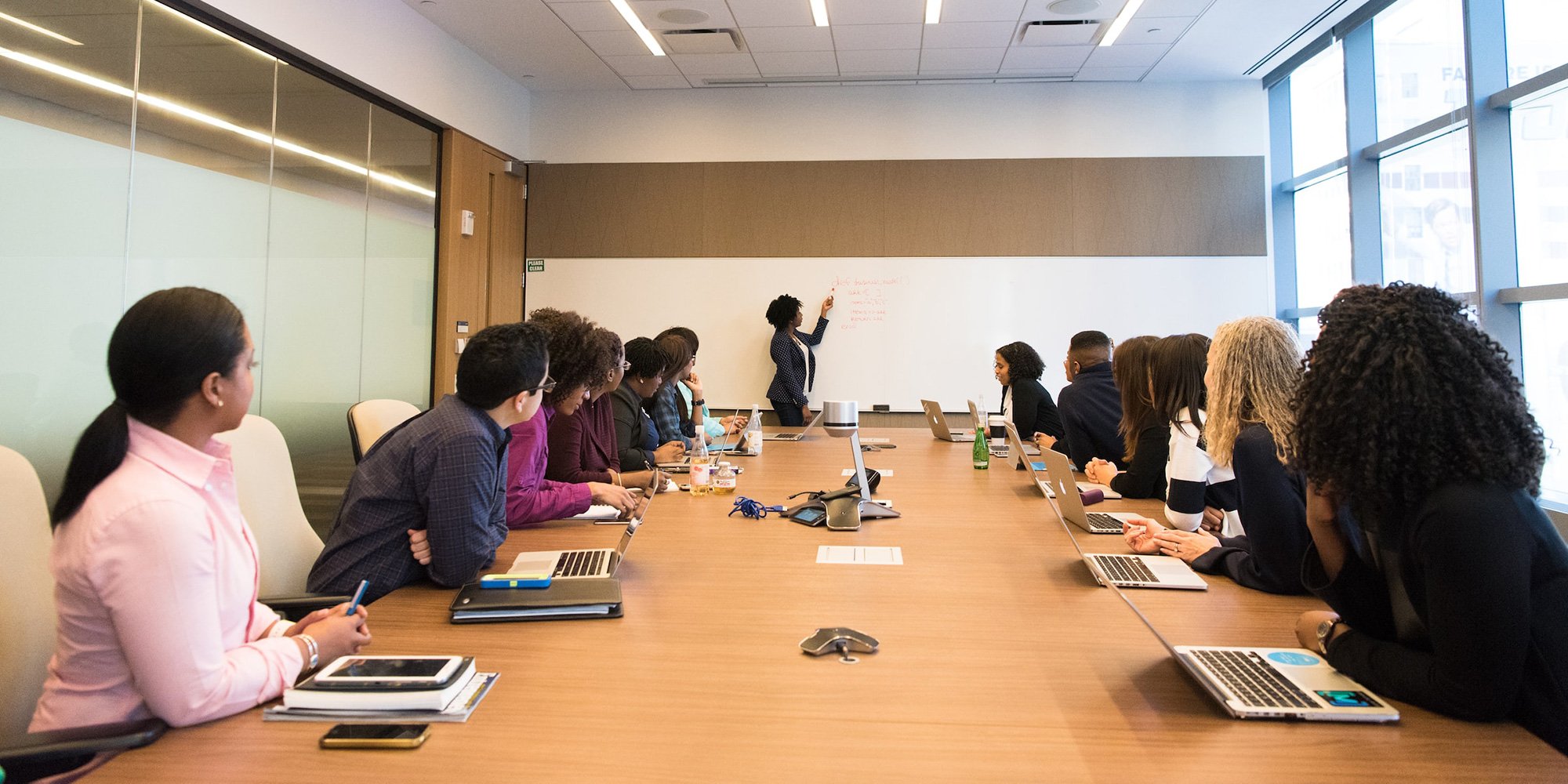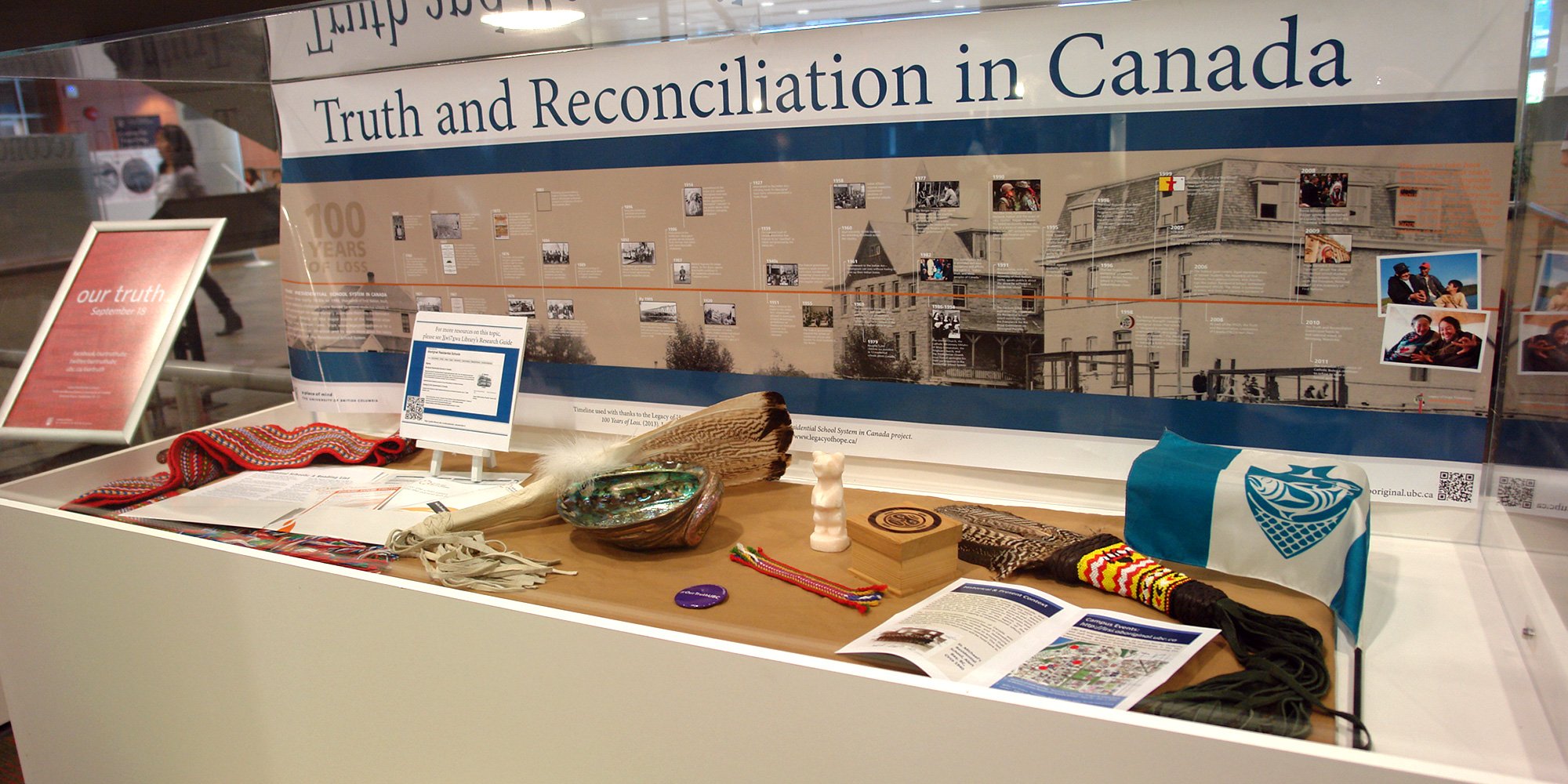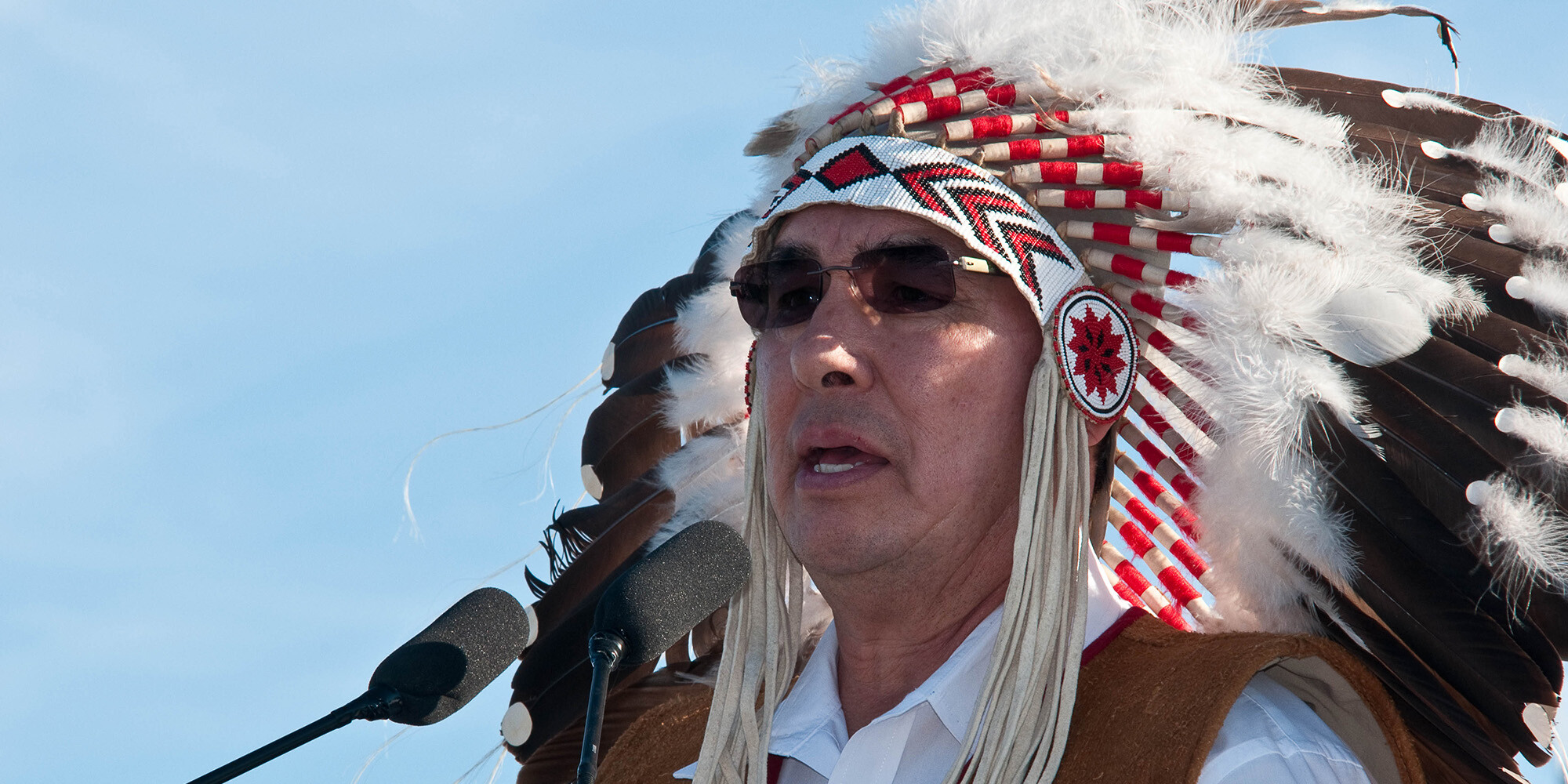What Reconciliation Is and What It Is Not
For a very long time, mainstream Canadians were unaware of the horrors and conditions that 150,000 Indigenous children endured in the Indian...

Land acknowledgements are increasingly present at the beginning of meetings in board rooms, lectures, classrooms, entertainment events etc. Land acknowledgements are also appearing on an impressive number of websites and in email signature blocks. I have been advocating for land acknowledgements for over 25 years as an Indigenous relations trainer so it is rewarding to know that corporations, organizations, and individuals are making the effort to research the history of the Peoples on whose land they are meeting or working in order to draft the acknowledgement. It’s an important contribution to reconciliation and decolonization.
Indigenous relations tip: If you are unsure of how to pronounce the traditional name of the community on whose land you are on, press star 67 to hide your number and call the band office after hours and listen to the recorded message. This will give you information on what terminology to use and will help with phonetic pronunciation. Try writing it out phonetically as you listen and then practise saying it out loud until you nail it.
But, once the learning has been done to draft the acknowledgement, what then? How do you keep yourself, colleagues and staff actively engaged in learning and contributing to reconciliation? Providing your team members with Indigenous awareness and relations training is a great next step. By training team members about the history of Indigenous relations in Canada, including the Indian Act, they will be in a much better position to understand why Reconciliation is so important today. Working Effectively With Indigenous Peoples® training covers both Indigenous Awareness and Indigenous Relations training in one course and is highly recommended.
How about introducing Reconciliation Minutes or Decolonization Minutes to your weekly or monthly meetings? We learned about a group of university students in Victoria who have begun doing this and found it was so inspired we wanted to share.
The Society of Geography Students (SOGS) at the University of Victoria (UVic) has for the past few years, opened their weekly meeting with a land acknowledgement. They were finding though that the acknowledgement was not as impactful due to its weekly repetition. SOGS co-chair Haneen Ghebari’s summer co-op employment included monthly Safety Meetings. When she returned to UVic she lit upon the idea of reimagining the Safety Minutes as Decolonization Minutes. In doing so Ms. Ghebari has created an environment for continual learning and reflection.
When I returned I found that the weekly repetition of the land acknowledgement was losing its meaning. I realized that if we used the Safety Minutes concept, we could carve out a space for discussions about colonization and decolonization for our members. It really got people talking. Some of the students are timid and not ready to join the conversations but they are present at the discussions so are learning.” says Ms Ghebari. “It gives us an opportunity to learn and reflect.
So far they have discussed a broad range of topics:
Current events related to Indigenous achievements/ issues/challenges
The Indian Act
What are the effects of colonization?
What is “colourblindness”?
The history of the Peoples on whose land you are meeting or working
Aspects of the culture of the Peoples on whose land you are meeting or working
Identifying opportunities within your organization to include signage in the local traditional language
Indigenous relations best practices
Reclaiming Power and Place: The Final Report of the National Inquiry into Missing and Murdered Indigenous Women and Girls
The Royal Commission on Aboriginal Peoples
The Truth and Reconciliation Commission of Canada has 94 Calls to Action for reconciliation that include a broad range of sectors. Developing a "big picture" understanding of what the TRC considers essential for reconciliation contributes to Canada moving along the reconciliation path.
The United Nations Declaration on the Rights of Indigenous Peoples (the Declaration or UNDec) Canadians are going to be hearing a lot more about the Declaration in the coming months and years. The preamble alone is worthy of discussion as it sets the stage for understanding the significance of the ensuing 46 articles.
If you introduce Reconciliation Minutes into your organization, please tweet us at @wewap about the topics you’ve discussed and please use the hashtag #trctips. We will update the article with new topics. Collectively, we could get some good discussion topics flowing.
Featured photo: Unsplash

For a very long time, mainstream Canadians were unaware of the horrors and conditions that 150,000 Indigenous children endured in the Indian...

Education for reconciliation We call upon the Council of Ministers of Education, Canada to maintain an annual commitment to Aboriginal education...

Anyone aware of the work, life, and growing legacy of J. Wilton Littlechild will know that he is a significant leader in international Indigenous law...